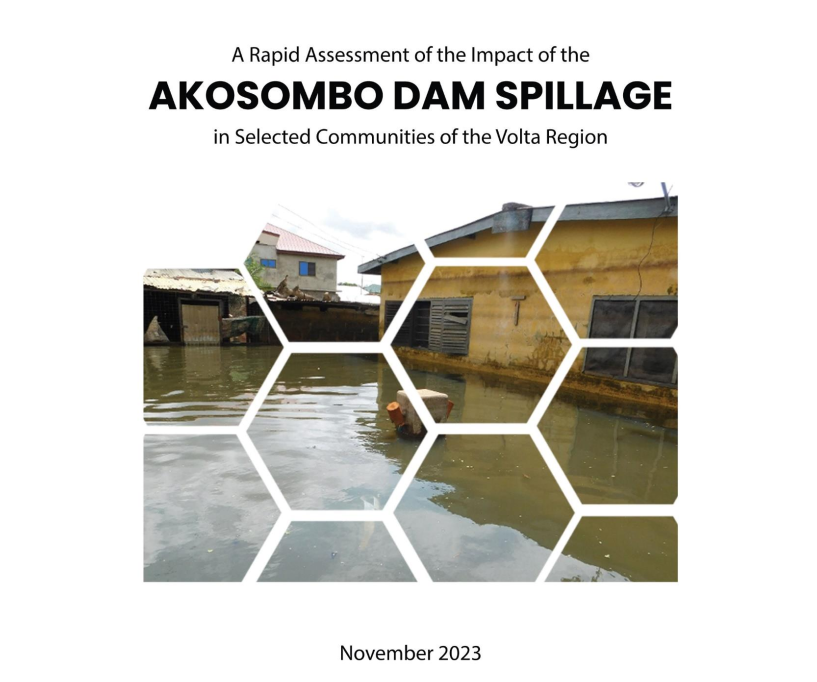Executive Summary
The overflow of the Akosombo Dam has resulted in widespread flooding in communities along the Volta River, leading to the displacement of households. A crisis that has inflicted hardship and posed challenges for the people residing in the riparian zone. In response to this crisis, the University Teachers Association of Ghana (UTAG) assembled an expert panel to conduct a rapid impact assessment study in the affected communities. The primary goal was to gather initial evidence for a more comprehensive longitudinal study that could effectively inform policy development and strategic interventions. The rapid assessment covered various dimensions, including the impact of the flood on health, food and nutrition security, mental health, support systems and coping strategies, water, sanitation and hygiene, infrastructure damage and shelter, agriculture and livelihoods, teaching-learning environment, and academic performance, as well as demographic and biophysical factors. The team visited two severely affected communities, Mepe, Battor, and Sogakope, in the North Tongu District. A combination of qualitative and quantitative data collection tools, such as observations, surveys, water quality tests, and anthropometric assessments, was employed.

